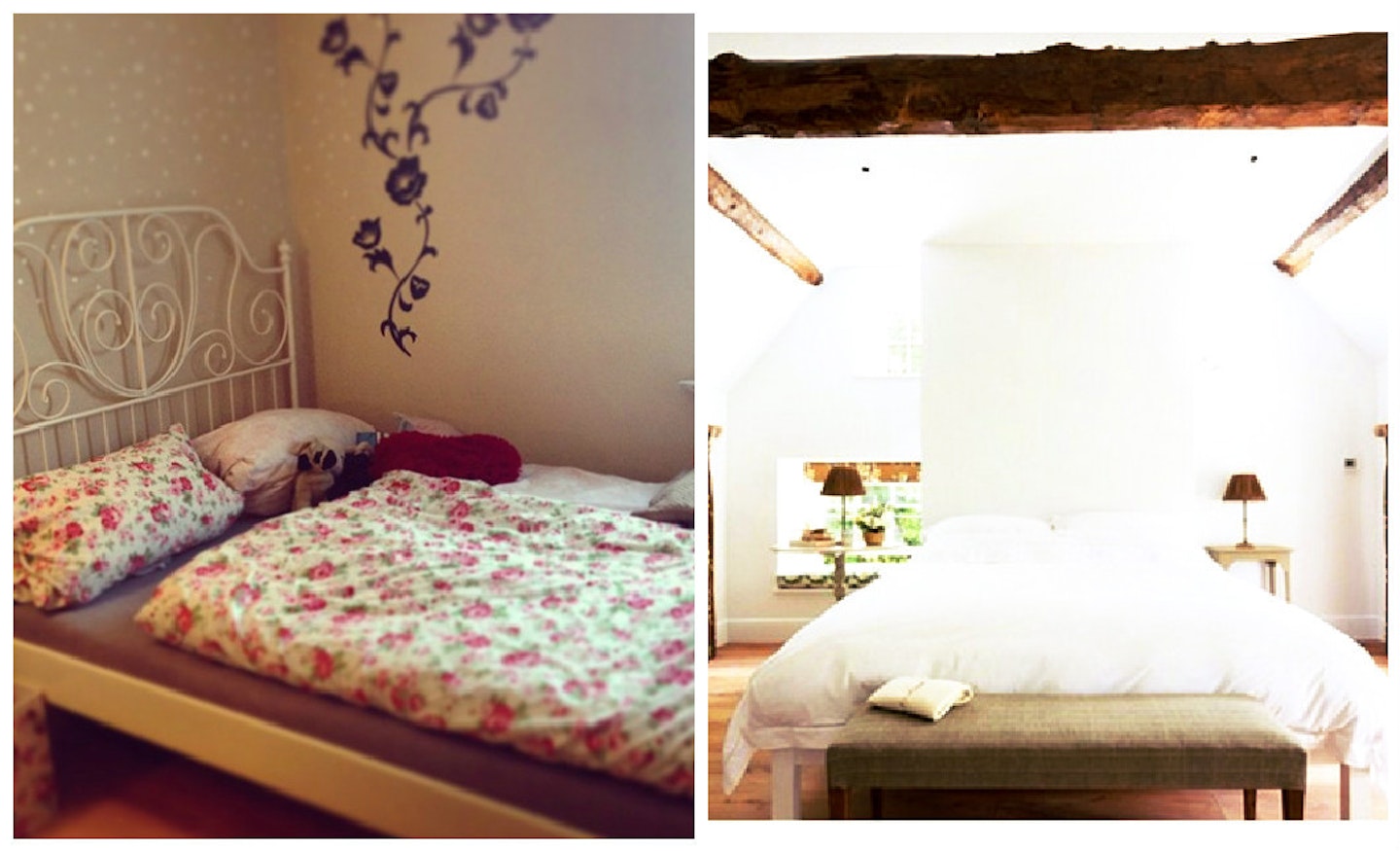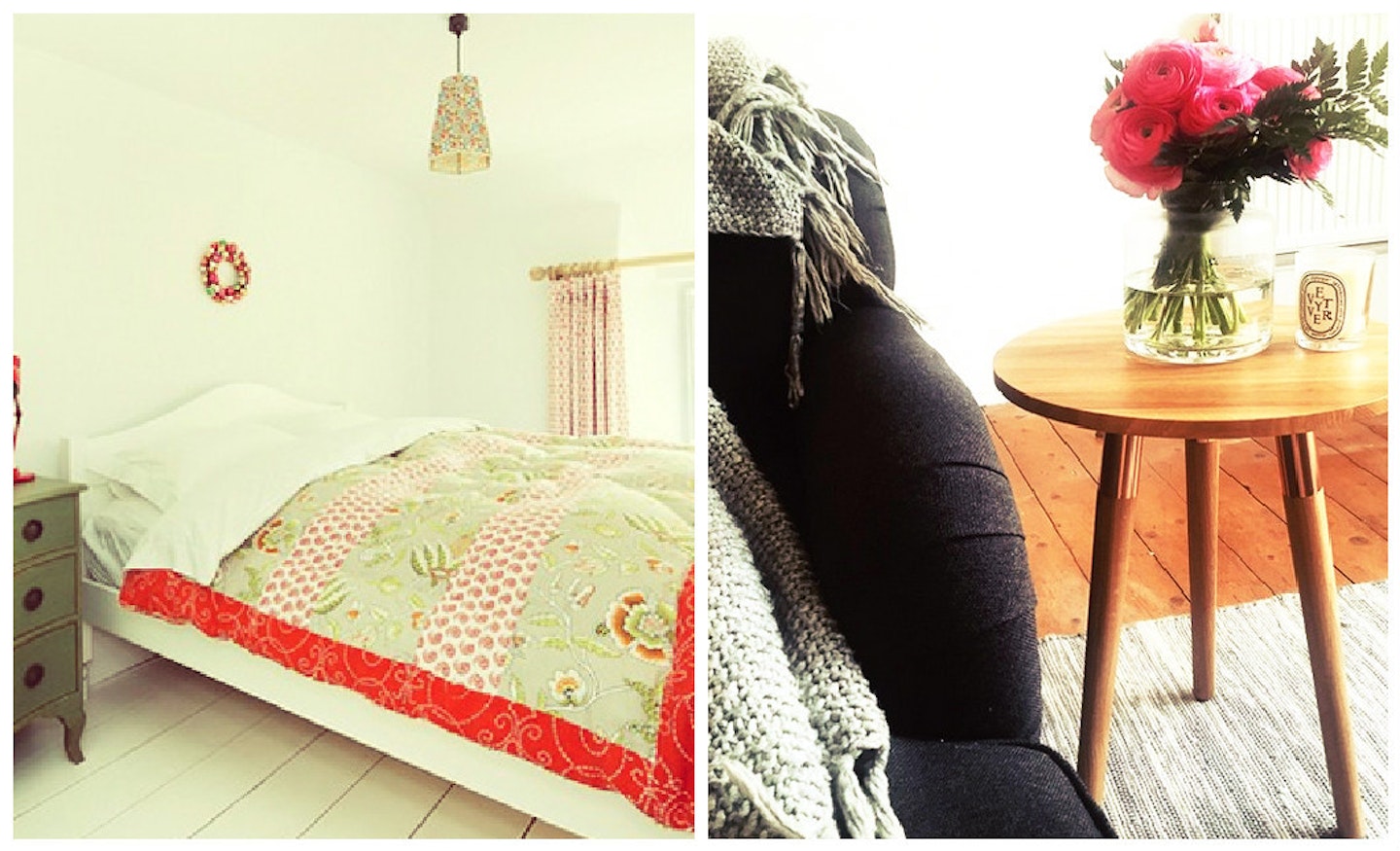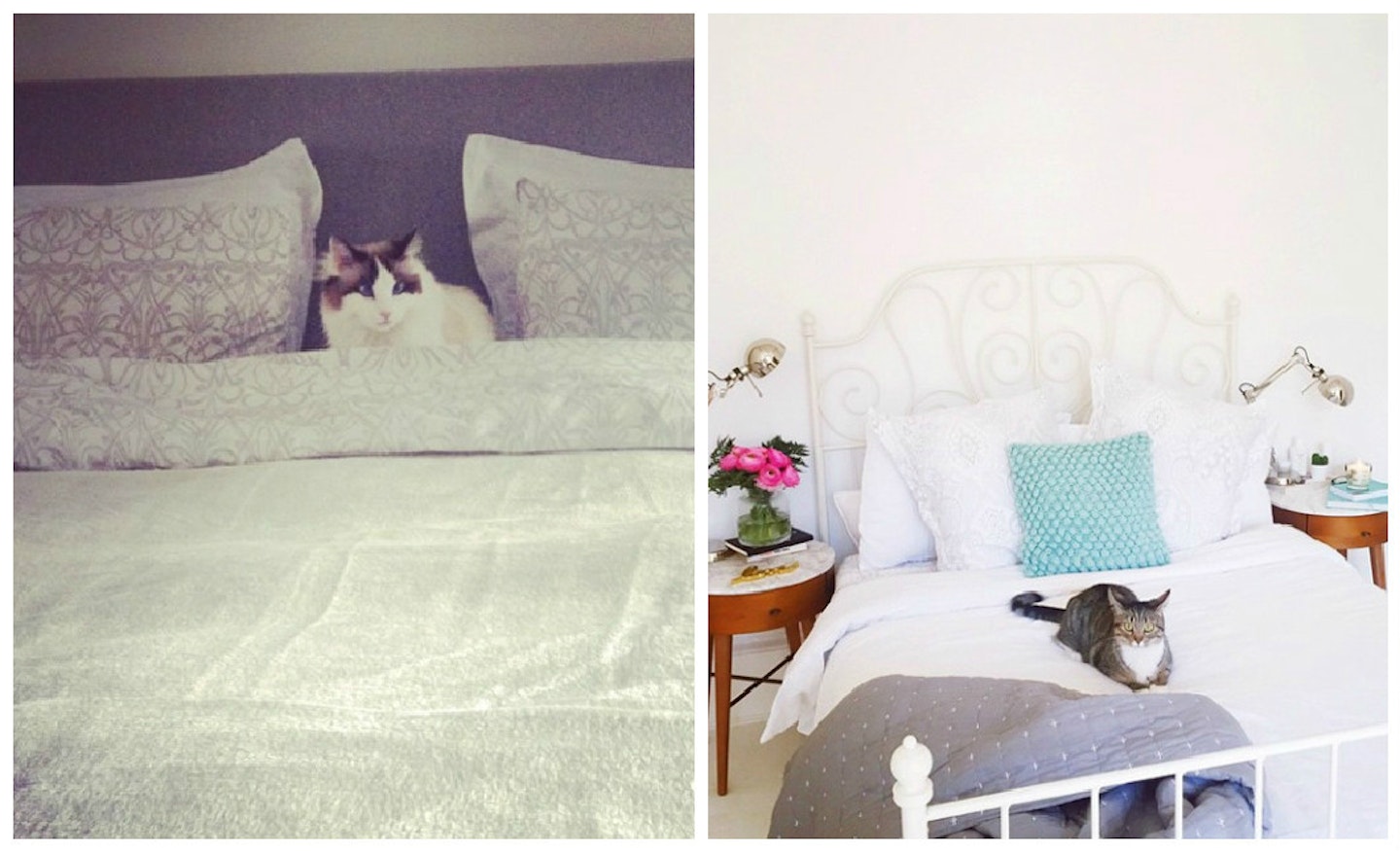Lack of sleep is a truly modern ailment and makes morning starts (amongst other things), trickier than ever before. With this in mind we spoke to one of the UK’s leading sleep experts, Dr Guy Meadows, who can be found at the The Sleep Schoolhelping patients recover from insomnia and training the world how to master a good night’s sleep. Read on to discover how to wake up restored, rejuvenated and raring to go…
1. What are your personal sleeping habits?
I keep a very regular sleep pattern between 10pm and 6am and prepare for bedtime by switching off all gadgetry at least 30 minutes before bed. I then potter around to slowly wind down. I'll also read a few pages of a book before turning my light off.
2. And tell us about your morning routine?
I am a natural 'lark' so the morning is the best time of day for me. I always wake before my alarm, which is a sign that one has had enough sleep. I get out of bed straight away and get as much natural light on my skin as possible to tell my brain that the day has started.

3. Is it natural to feel lethargic in the morning, or a sign that we haven't had good night’s rest?
If you're not sleeping enough or your sleep is disturbed due to excessive stimulants such as caffeine, then you will wake up feeling unrefreshed. Making time for sleep is the easiest way for most people to overcome this problem.
4. Does how we wake up have an impact on brain function or hormonal levels?
Waking up naturally is best as it means we have completed a full sleep cycle and feel most refreshed. In contrast, waking up suddenly often triggers the stress response releasing sharp spikes in adrenaline and cortisol – not a good way to start the day!

5. So are alarm clocks bad?
Waking up with a shrieking alarm clock triggers the same stress response described above. Hitting snooze also disturbs sleep patterns so it’s better to get up straight up.
6. If we require an alarm what is the best one to buy?
Sunrise lamps are a more gentle way to wake up.

7. What is the perfect way to rise from a scientific point of view?
Waking up to light is best because the light triggers the release of the right amounts of the waking hormone cortisol, gently waking us up.
8. What realistic changes can everyone make to improve their morning routine?
Aim to get up at roughly the same time seven days per week, wake up naturally with light and eat a healthy breakfast.

9. Is it possible for night-owls who find it difficult to wake up, to reset their body clock?
Being an 'owl' means you have a genetic tendency to go to bed and rise later. Having to get up earlier than is natural for you can leave you lethargic because your body is still producing melatonin, the sleep promoting hormone. If this is the case, using bright light therapy in the morning can help to reset your clock, helping you to wake up earlier and feel more refreshed.
10. Have you got any tips for energising ourselves to start the day on dark winter mornings, when there’s often not any natural light?
Light therapy lamps help as does eating a health breakfast of slow release foods such as rye, avocado, tomatoes and a poached egg or smoked salmon and a morning workout such as a run or yoga session.
Bensons for Beds has teamed up with The Sleep School and the UK’s leading sleep expert Dr. Guy Meadows, to help the nation get a great night’s sleep naturally – visit www.bensonsforbeds.co.uk for more details.
